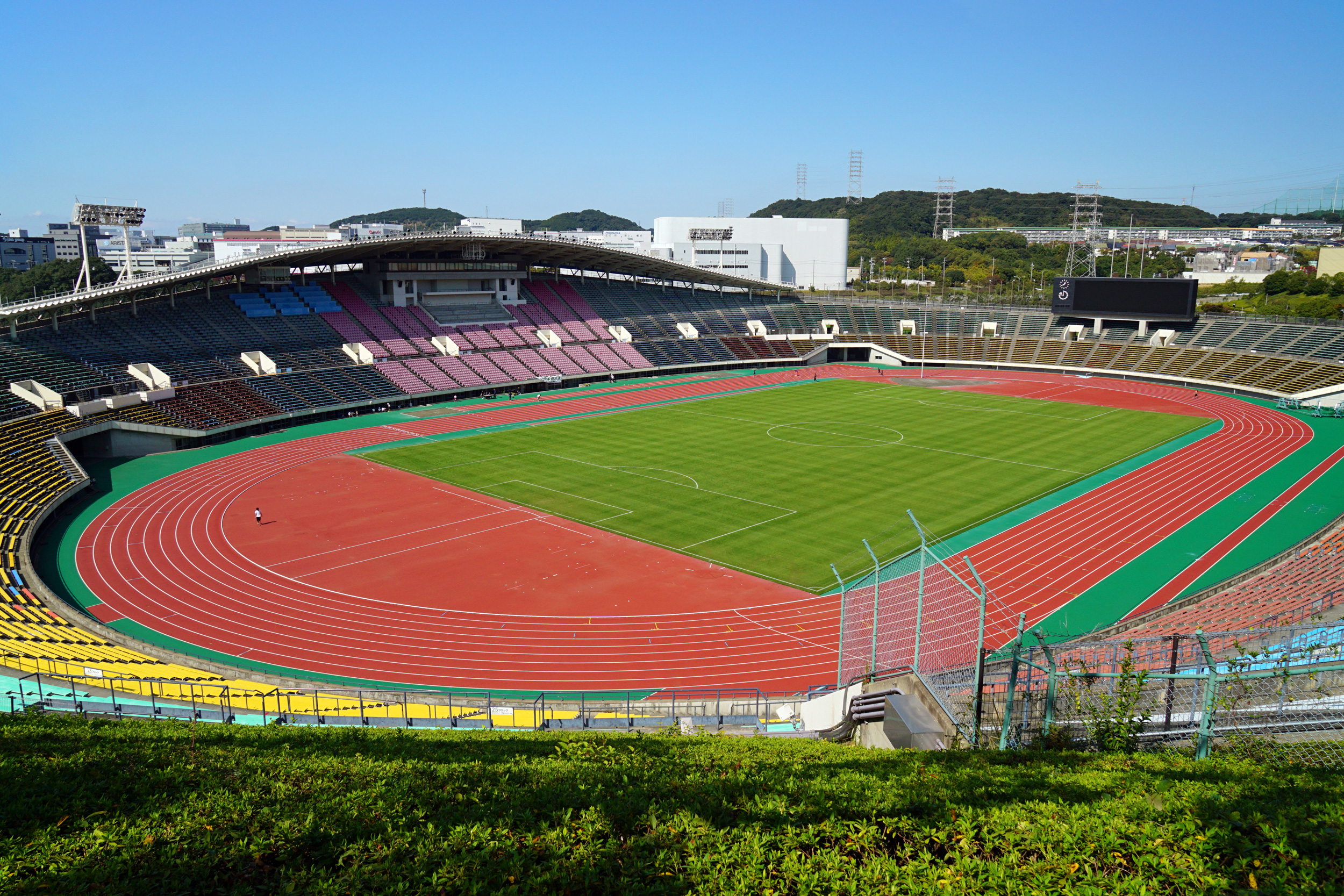Issue:
July 2022
A former Japan Times reporter on his shock dismissal on the eve of the 2002 World Cup

On May 26, 2002, I arrived hot and flustered at Kobe Universiade Stadium to watch England play a pre-World Cup match against Cameroon. I was greeted by The Daily’s Telegraph’s football writer Henry Winter, who asked: “Fred, what have you done now?”
I had no idea, until he showed me the front page of The Japan Times that featured text in a large box apologizing for a series of articles I had written about Seoul and the other South Korean host cities for the 2002 World Cup. The apology named me and said the articles had been withdrawn. The Japan Times hadn’t bothered to inform me and, curiously, they didn’t remove any of my similar articles about Japan’s host cities.
To say I was surprised would be an understatement. The article had run nearly two weeks previously and, to my knowledge, hadn’t evoked any reaction at all. But while I was away, two gentlemen from the South Korean Embassy dropped by the JT office to register a complaint. But they really weren’t the problem. I was told later by one of them that they were just trying to warn The Japan Times that the OhmyNews website had picked up my Seoul story and was making political capital out of it.
The problems stemmed from this rather than from the story itself, although 20 years on, that story as written would not have been published – and I wouldn’t have written it. But I had applied my “gonzo” persona to the Seoul story, which started off with an anecdote about a sex worker who approached me at a bar and asked for U.S.$100 to come back to my hotel (I declined). This was way back in 1984, so I made the quip at the end of my article – which went through the regular editing process – that $100 doesn’t buy you what it used to.
OhmyNews decided to translate the article and run it on their news site. Only they maliciously mistranslated it to make it read that any woman in Seoul was available for $100. A massive storm in a fairly small teacup ensued. When I returned to my office on May 27, I sat down with my managing editor and we agreed on a process of damage control. However, the next day, I was summoned by the editor-in-chief and told I had until May 31 – the day the World Cup started – to clear my desk and say goodbye to The Japan Times forever. And they revoked my World Cup credentials, although an outraged Keith Cooper, director of communications at FIFA, immediately reissued them.
I was desperate to get my job back. I went to the Labor Office which said that The Japan Times was in the wrong but that they were powerless to do anything. I joined a union, which said that The Japan Times was in the wrong but they were powerless to do anything. I sought mediation with the Tokyo Metropolitan Government, which asked The Japan Times what it could offer to me to settle the issue. The newspaper said it would pay for my air fare back to England.
Thanks to great help from the FCCJ, and especially Roger Schreffler, I took legal advice and launched a lawsuit. It took two painful years and the assistance of two wonderful friends who acted as my interpreters for all my legal meetings to get a semblance of justice. The Japan Times was forced to pay me nearly ¥7 million, which, according to my lawyer, included an unprecedented penalty for the damage to my reputation. In my eyes, though, the newspaper's reputation had been damaged beyond repair.
Fred Varcoe is a British freelance journalist. He was formerly sports editor of The Japan Times and Metropolis magazine, and has written on sports, music, cars and other topics for The Daily Telegraph, the Daily Mail, Billboard, Automobile Year, Reuters, the Japan Football Association, the International Volleyball Association and various websites.

